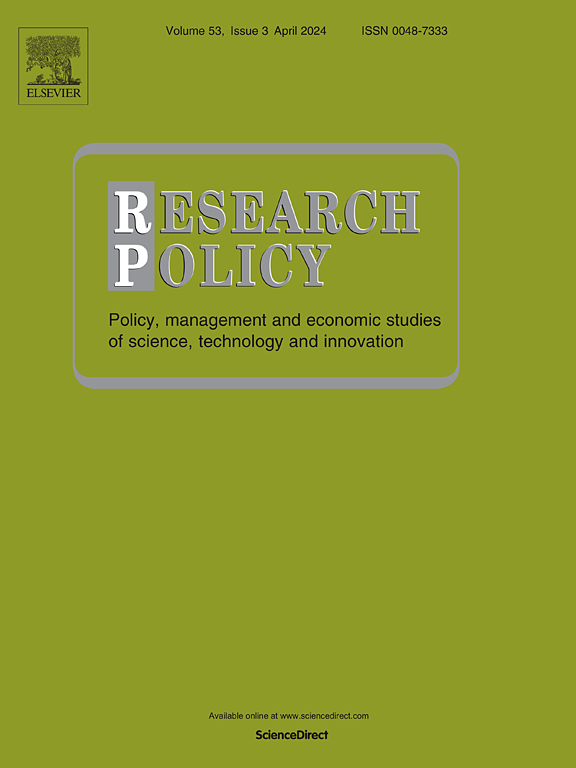A processual approach to skill changes in digital automation: The case of the platform economy in the service sector
IF 8
1区 管理学
Q1 MANAGEMENT
引用次数: 0
Abstract
We introduce the “processual approach” to skill changes in the current wave of digital automation, which imposes comprehensive and complex impacts on skills. The approach conceptualizes work as a set of processes, each consisting of a sequence of events. In each event, a worker and/or machine make judgments and take actions to move to the next event. The processual approach asks whether and how machines influence workers' judgments or actions during each event and interrupt or transform relationships between judgments and actions. The approach enables micro-to-middle-range, inductive theorization of skill changes. To further refine the approach and demonstrate how to apply the approach, we study the case of taxi and ride-hailing, finding that service skill changes emphasize the repositioning and refocusing of skills and the interruption of workers' micro-adaptations rather than the replacement or elimination of skills. We also compare our theory with the classic Zuboffian reskilling thesis, revealing that the dual potential—automating and informating—of the current automation technologies influence distinct and separate parts of organizations, excluding platform workers from opportunities to learn transferable skills. The processual approach avoids pre-assigned and hierarchical categorization of skills, adopts a symmetric view of the role of technological and social factors in skill changes, and applies to a wide spectrum of work, especially service work.
数字化自动化中技能变化的流程方法:以服务行业的平台经济为例
我们将“过程方法”引入当前数字自动化浪潮中的技能变化,这对技能产生了全面而复杂的影响。该方法将工作概念化为一组流程,每个流程由一系列事件组成。在每个事件中,一个工人和/或机器做出判断,并采取行动转移到下一个事件。过程方法询问机器在每个事件中是否以及如何影响工人的判断或行动,并中断或改变判断和行动之间的关系。这种方法使技能变化的微观到中等范围的归纳理论化成为可能。为了进一步完善该方法并演示如何应用该方法,我们研究了出租车和网约车的案例,发现服务技能的变化强调技能的重新定位和重新聚焦以及工人微观适应的中断,而不是技能的替代或消除。我们还将我们的理论与经典的祖伯夫再培训理论进行了比较,发现当前自动化技术的双重潜力——自动化和信息化——影响了组织中不同的独立部分,使平台工人失去了学习可转移技能的机会。过程方法避免了预先分配和分层的技能分类,对技术和社会因素在技能变化中的作用采用对称的观点,并适用于广泛的工作,特别是服务工作。
本文章由计算机程序翻译,如有差异,请以英文原文为准。
求助全文
约1分钟内获得全文
求助全文
来源期刊

Research Policy
MANAGEMENT-
CiteScore
12.80
自引率
6.90%
发文量
182
期刊介绍:
Research Policy (RP) articles explore the interaction between innovation, technology, or research, and economic, social, political, and organizational processes, both empirically and theoretically. All RP papers are expected to provide insights with implications for policy or management.
Research Policy (RP) is a multidisciplinary journal focused on analyzing, understanding, and effectively addressing the challenges posed by innovation, technology, R&D, and science. This includes activities related to knowledge creation, diffusion, acquisition, and exploitation in the form of new or improved products, processes, or services, across economic, policy, management, organizational, and environmental dimensions.
 求助内容:
求助内容: 应助结果提醒方式:
应助结果提醒方式:


